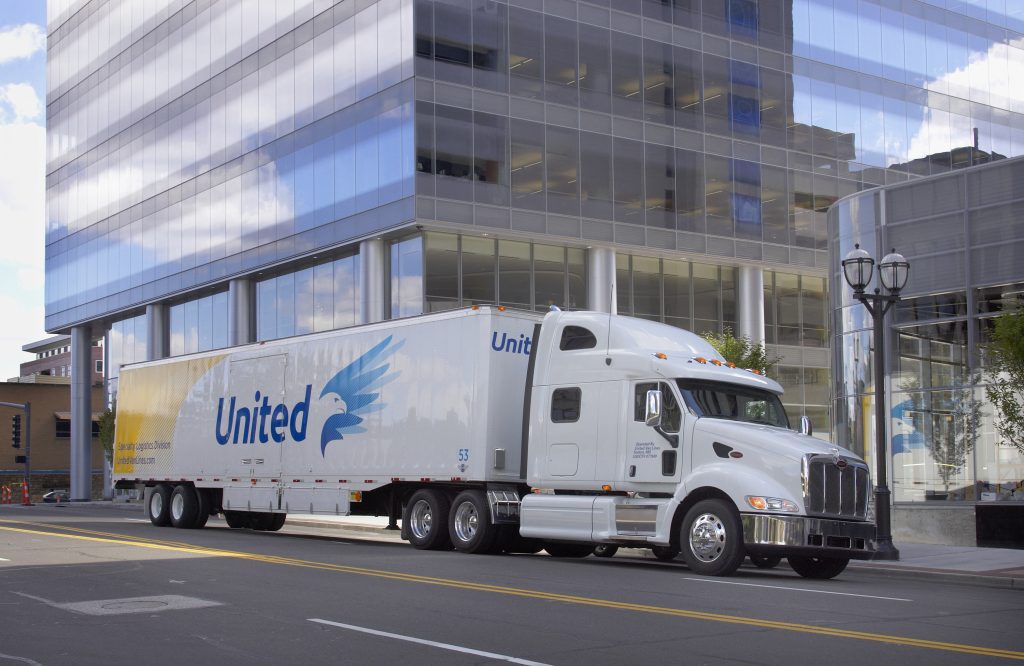People of all ages can find moving stressful; however, seniors often find moving to be particularly emotional. Emotions can be exceptionally high if seniors move because they can no longer physically handle certain aspects of their current home, such as stairs or yard work. Here are tips to ensure a smooth move for seniors.
1. Consider the New Home Carefully
Look for homes that match the senior’s physical abilities. For example, consider a home on one floor if stairs are becoming problematic. Also, look for shelves that are easy to reach or have enough room to install new shelves. Finally, consider whether the bathroom’s design will allow for a walk-in tub or shower.
2. Carve Out Large Blocks of Time for Downsizing
Although some people move to larger homes in retirement, most downsize. However, sorting through decades of memories requires considerable time and emotional energy. So, allow plenty of time to review memories associated with each treasure.
Involving family members may make the downsizing process go more smoothly. For example, if a grandchild wants a grandfather clock, you may be able to give it to them now rather than trying to squeeze it into a smaller space. On the other hand, if none of your relatives want the clock, you may decide to sell it before the move.
Another way to smooth the process is to take photos of items that hold memories but that you can no longer keep. You can then store the images in the cloud, paper album, or thumb drive.
3. Check for Discounts
Before signing a moving contract, obtain at least three estimates. Many commercial movers give senior discounts, so ask the estimator for one.
4. Consider Hiring a Move Manager
Some seniors hire move managers to help them downsize and develop floor plans for their new homes. Move managers also can help them dispose of items they no longer want, oversee the movers, and get established in their new homes.
5. Plan Events With Friends
Plan some time with friends in your old neighborhood to reminisce before the move. Also, set up dates to get back together with them after the move. Again, familiar faces will help you acclimate.
6. Care for Mental Health
Uprooting and moving to a new location can be difficult for some seniors. Health care professionals diagnose Relocation Stress Syndrome (RSS) when seniors become depressed, anxious, confused, or dependent after a move.
However, you can take steps to reduce RSS. One way is for seniors to spend some time in their new neighborhood before the move, gradually getting to know the surroundings and new routine. Another way is to arrange furnishings similarly to their arrangement in the old home. Finally, if children or others are helping the senior with the move, they should ensure that the senior remains in control. Loss of control increases the risk for RSS.
7. Pack a Suitcase of Essential Items
Pack a box or suitcase of essential items for the first day or two after the move. Keep these essentials with you in the car. Essentials might include:
- Medications
- Two or three changes of clothes
- Toiletries and toilet paper
- A few pans, dishes, and silver
- Pet needs for a few days
- Towels and sheets
Moving Time
Contact us for a free quote if you are downsizing and need help. We can help ease the transition from your current situation to your new home.



